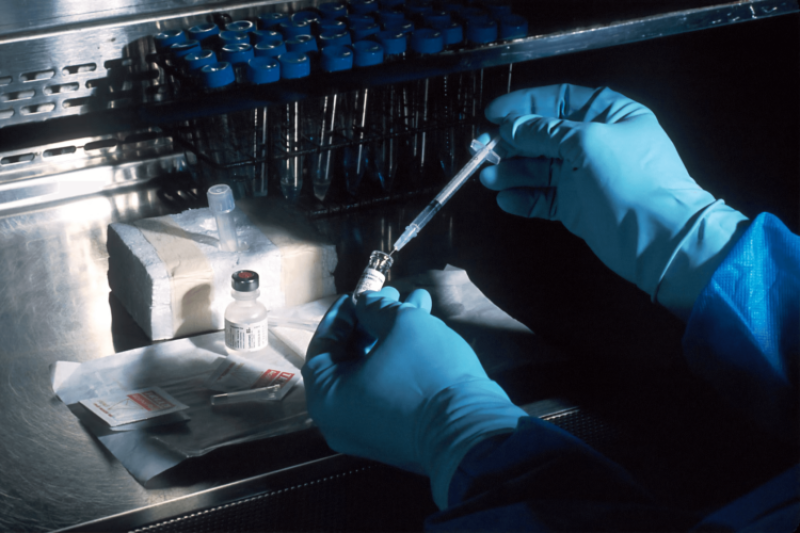As recently as the late 1970s, European drug firms dominated the industry, introducing twice as many new drugs globally as U.S. firms. But an inhospitable policy environment in Europe, including intensive drug price controls, heavy-handed drug price negotiation tactics, regulations limiting biotechnology research, and limitations on mergers, undermined European competitiveness in biopharmaceuticals, allowing the United States to assume a global leadership position.
Unfortunately, the United States appears to be moving toward repeating many of the same policy mistakes that destroyed Europe’s innovation ecosystem. Bad policy choices could weaken incentives to innovate, allowing nations like China to overtake us. We need to reverse course at once.
Under pressure from developing nations and activist groups, the United States agreed last year to a proposal at the World Trade Organization to waive global patent rights for COVID vaccines. It didn’t matter that the supply of vaccines by then far outstripped demand. The point was the precedent the waiver set. Anti-IP activists are now working to build on their victory by persuading President Biden to expand the waiver to COVID diagnostics and treatments as well.
At home, lawmakers including Sens. Bernie Sanders (I-Vt.) and Elizabeth Warren (D-Mass.) are pushing the administration to assert the government’s supposed “march-in rights” to forcibly relicense patents for medicines developed even in small part with federal funding. The administration is now reviewing its authority to do so, with the aim of leveraging its patent-breaking powers to set drug prices.































